Blog
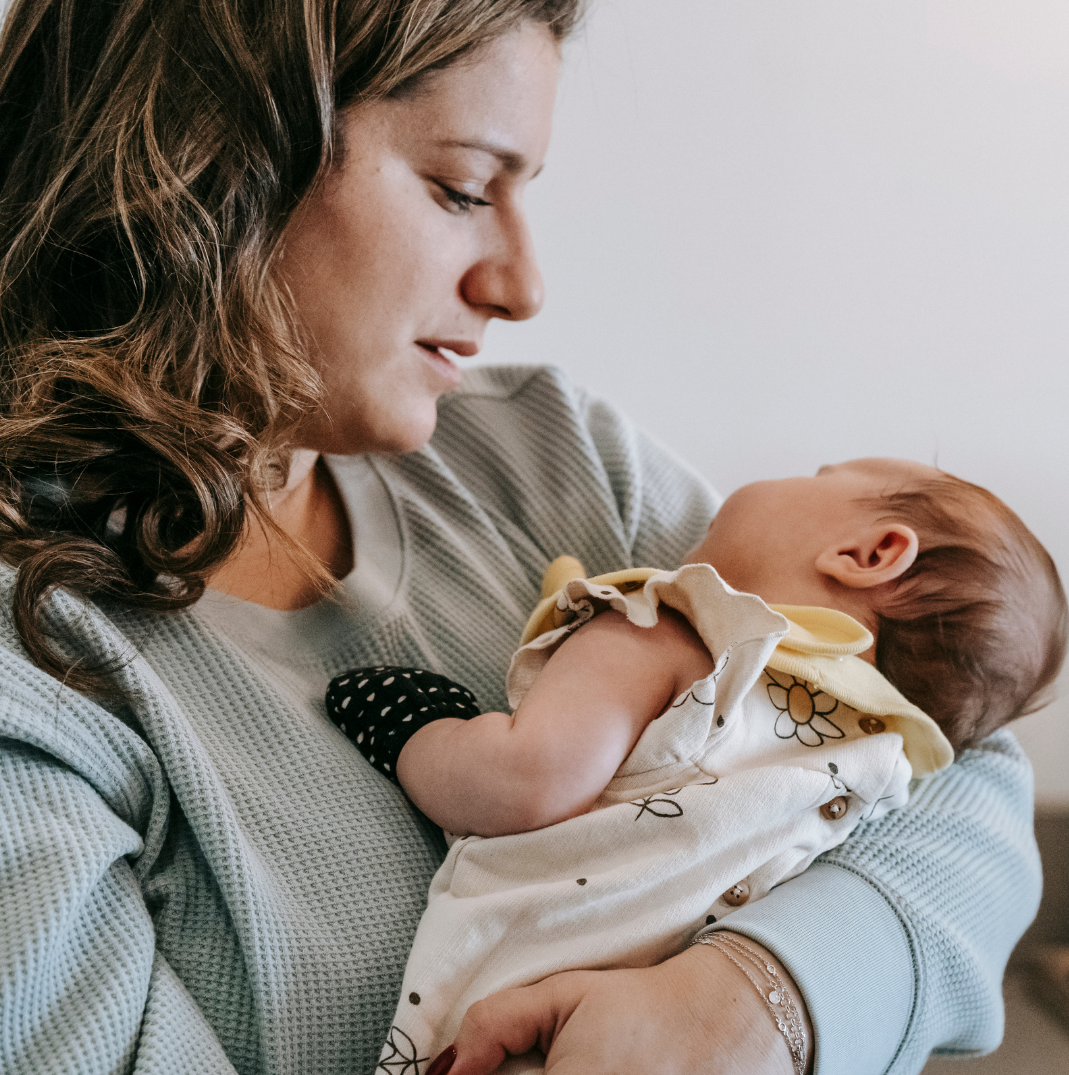
Iron Deficiency and Maternal Mental Health
Did you know having low iron increases the risk of depression and anxiety? Discover the link between iron deficiency and maternal mental health, the symptoms and optimal ranges for iron markers.
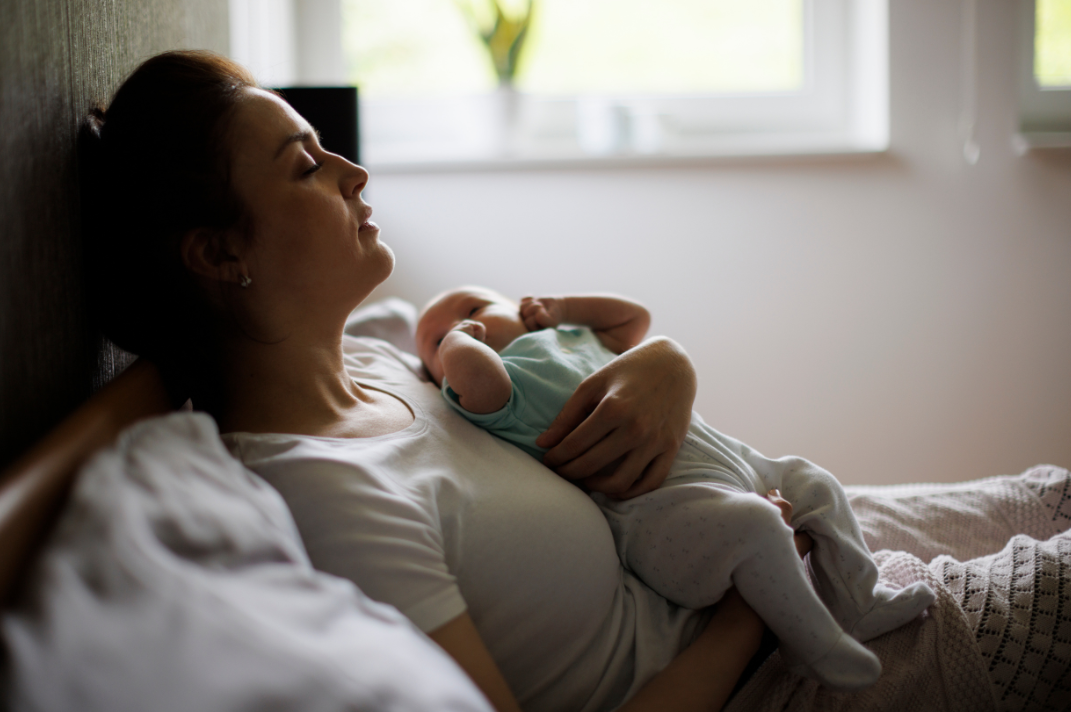
Could You Have A ‘Copper Hangover’ From Pregnancy?
There is a strong relationship between copper levels in the body and the hormone oestrogen. Pregnancy is a time when oestrogen levels rise significantly. When oestrogen levels rise, so do copper levels. Copper levels, particularly in excess play a role in postpartum mental health disorders such anxiety, panic and depression.

The Potential Aftermath Of Postpartum Thyroiditis
Postpartum thyroiditis is a condition that affects the thyroid gland in the postpartum period. It typically occurs within the 1st year after birth and mothers experience a wide range of symptoms. The majority will have their thyroid function return to normal within 1-2 years, although some mothers go on to develop chronic thyroid disorders like Hashimoto's thyroiditis.
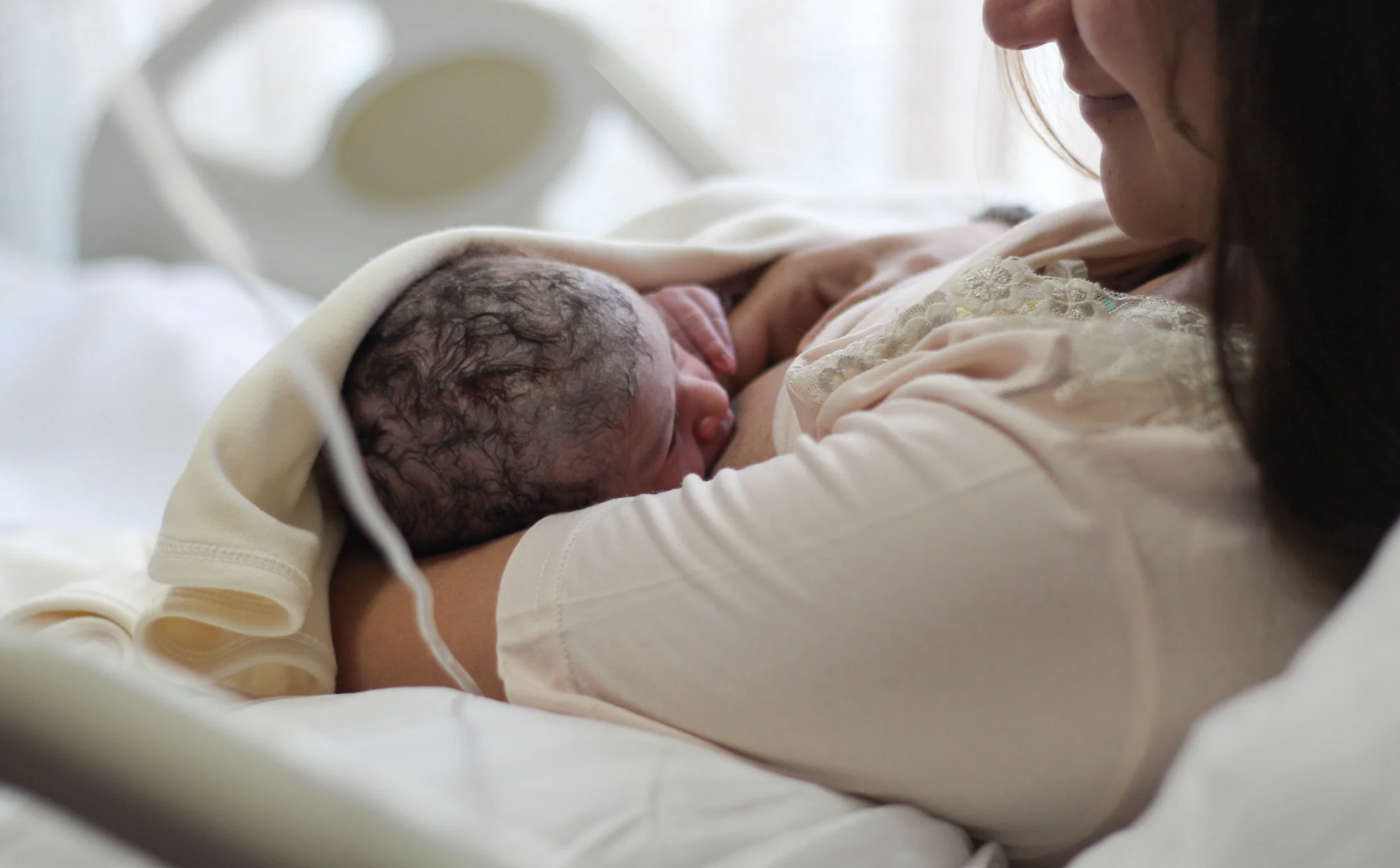
The Uterus After Birth; How To Prepare For The Early Changes
Within minutes of the birth, the body begins transitioning from pregnancy to postpartum. A centre piece to this are the changes happening to the amazing uterus; after pains, involution and blood loss. Here’s what to expect and my tips for preparing for these changes.
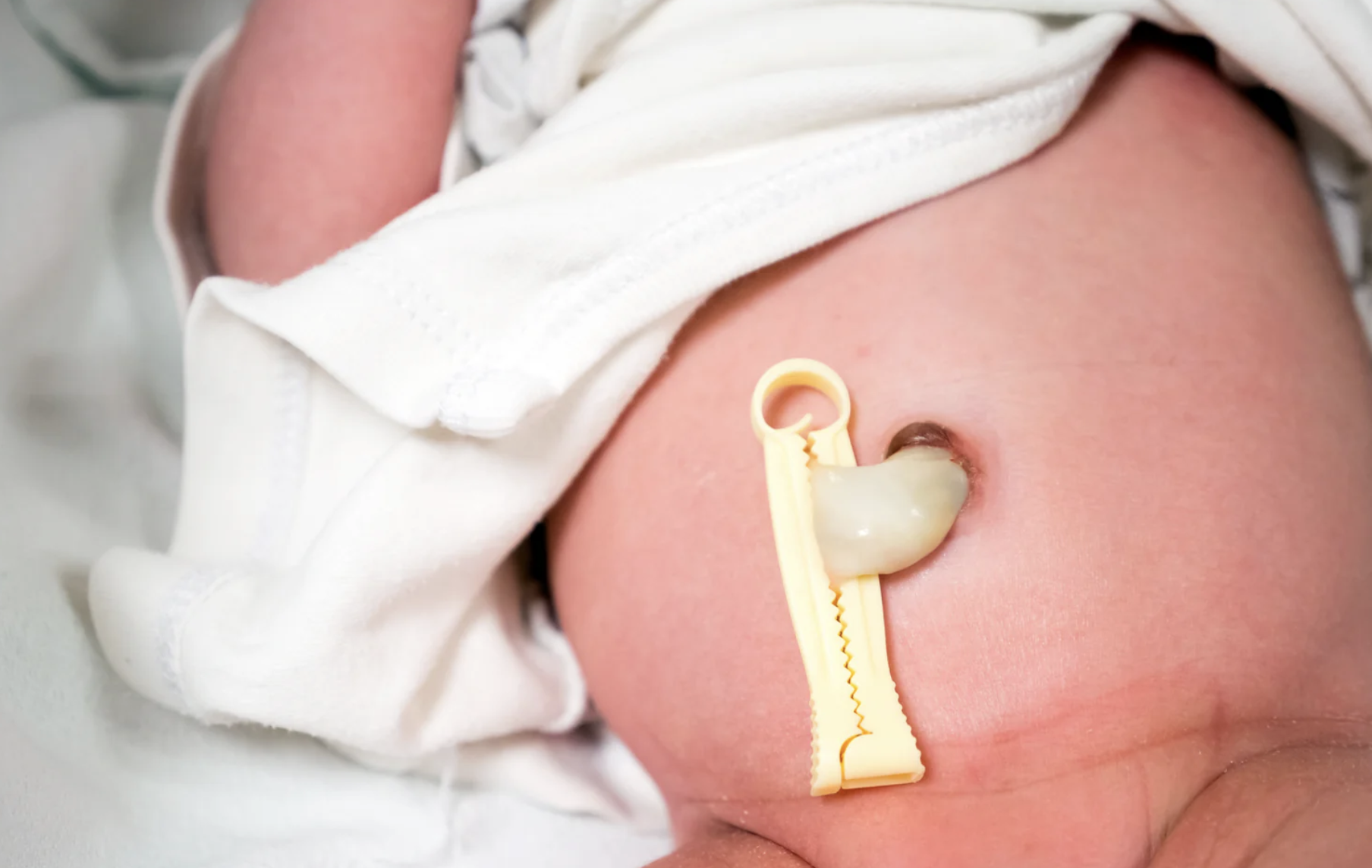
From Cord Stump To Belly Button: Postnatal Care
Almost all first-time mums ask the same question about the cord stump: What do I need to do with it? Does it hurt my baby if I move it? Can I get it wet? Can I take that hard, plastic clamp off?How long does it take to fall off? Is that colour normal? Here’s everything I tell them.
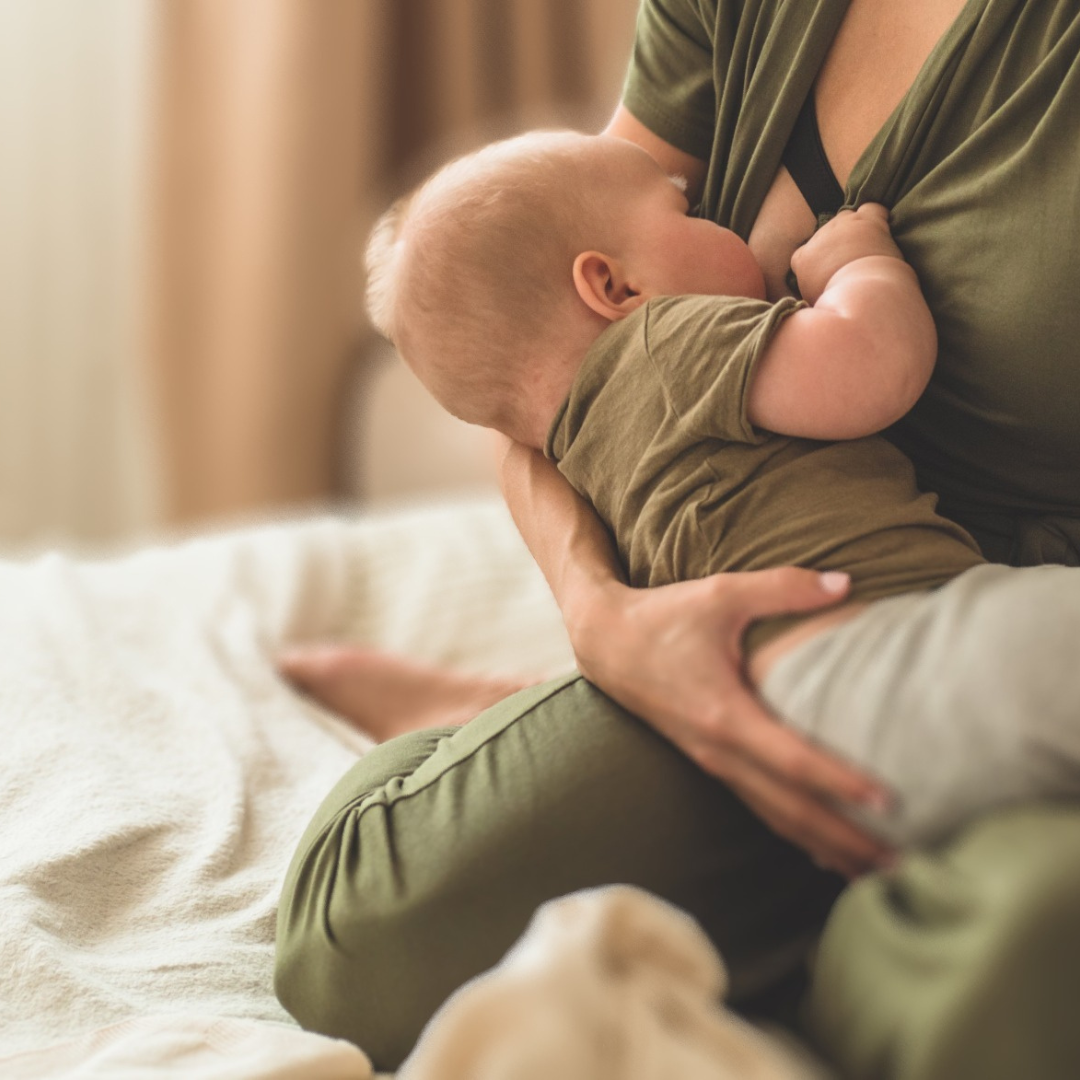
A Mother’s Vitamin D Status And Her Breastmilk
The prevalence of Vitamin D deficiency in breastfed babies differs vastly between studies and nations at 0.6% - 91.1%! Breastfed babies are (or can be) ‘particularly vulnerable’ because breastmilk doesn’t naturally contain high levels of Vitamin D. Combine this with a mother having low Vitamin D levels herself, it further reduces the amount that passes through breastmilk.

Postpartum Hair Loss: What’s Normal, What’s Not
If you’ve been pregnant you’d probably remember the lusciousness of your hair; thick, shiny, long. This was thanks to the high amounts of circulating oestrogen and progesterone, this helps keep our hair in the ‘growth’ phase compared to the ‘loss phase’. Then we arrive at postpartum and enter a new hormonal state - and the shedding begins.
